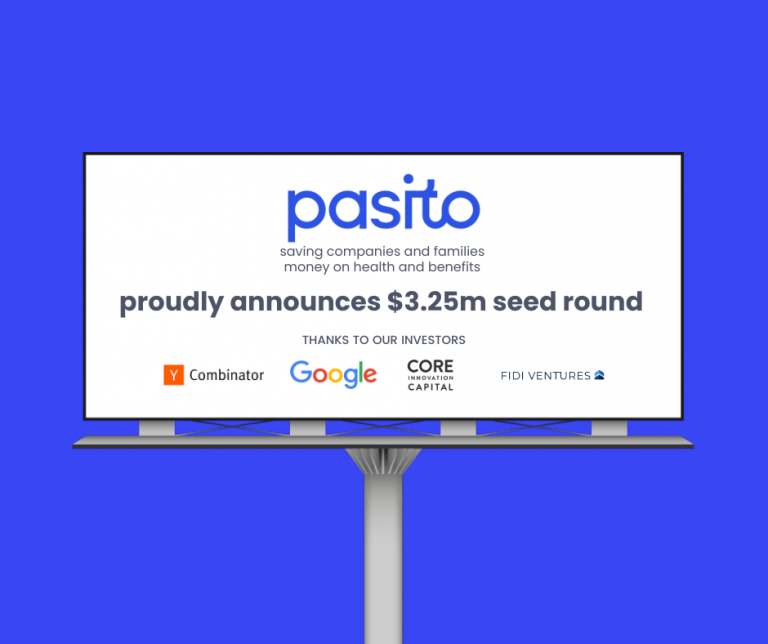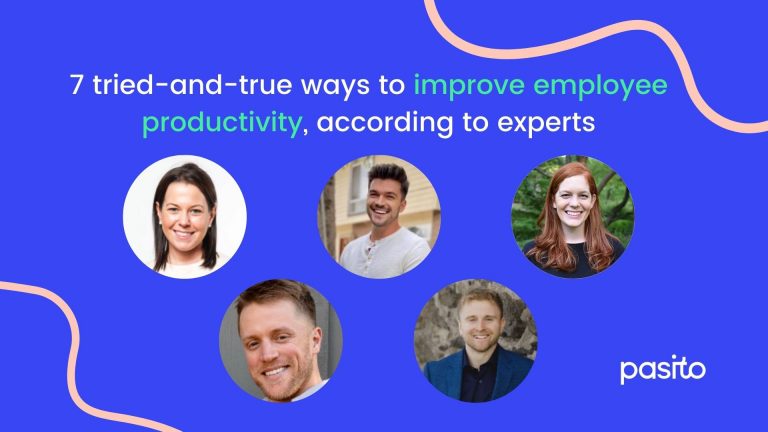Before entering the benefits space, began her HR career as a recruiter, and then moved into the HR generalist and HR business partner space. From there she specialized in compensation, leading her into total rewards. Now, Wright-McLemore is the Director of Total Rewards at Zapier, a global software automation company with employees in 40+ countries. At Zapier, Wright-McLemore has developed effective strategies to deal with the complexities that come with creating a benefits strategy for a large, globally distributed organization.
Building a Benefits Package That Meets Your Employees Needs
To measure the effectiveness of benefits in making a positive change in employees’ lives, Wright-McLemore recommends surveying employees: “We’ve spent a lot of time this year just surveying, listening to folks to understand what their pain points are . . . and what they want to see in the future.” To create their benefits package, Wright-McLemore and her team worked closely with their broker to help fine tune guiding principles for benefits. These ideals drive their benefits strategies.
To select packages that are suited to a wide range of employees, Wright-McLemore highlights the fact that more often than not people have similar core needs despite their geographical location.“A lot of folks have the same types of needs… regardless of where they live.” Using information about intersectionalities between location and career or life stage can help employers come up with solutions that are advantageous to employees in all locations.
In recent years, Wright-McLemore has seen a focus on well-being in the benefits space. “It has now gone beyond, ‘I need you to meet my basic needs of medical, dental, vision,’” Now, there is an emphasis on creating programs that support caregivers and working mothers. “The environment we are in today is having a lot of impact on the programs that companies are offering.” In order to retain talent, employers must provide packages that go beyond the baseline benefits. In addition, Wright-McLemore notes the impact of the new generation entering the workforce. They have different needs, desires, and expectations compared to generations before them.
With rising costs in the healthcare industry and inflation, companies have to search for the plans that give them a “bang for their buck”. In order to get most of these programs, Wright-McLemore explains the importance of working with providers to fully comprehend how the benefits are designed. Employers should also use information about utilization rates to create competitive benefits packages without increasing costs. Equally as important, employees should know how to best utilize their plans. However, oftentimes, employees don’t have the time or resources to go through the process of navigating plans but it is important. At Zapier, Wright-McLemore discusses how they are “making sure that folks can leverage plans in the best way possible and are cost efficient for them.”
Employee Benefits Planning Starts with Guiding Principles and Setting Goals
In general, with measuring the success of any benefits programs, Wright-McLemore explains how at Zapier, they meet with providers and brokers to analyze utilization rates every year to make sure that the package aligns with their total rewards guiding principle: measurable impact. Before any product launch, Wright-McLemore encourages her team to write down the problem they are trying to solve, the goals they are trying to achieve, and figuring out what their measures of success are. “By identifying goals upfront it guides through the design of the program or product and helps us do retros to make sure we are continuing to meet measures of success that we wanted to achieve.”
Recently, Zapier added a fertility benefit. They were able to measure the success of this program through utilization rates. The provider gave them an expected utilization rate of 3%. However, through analytics, Zapier found that their company utilization was actually 12%. The launch day of this program is one that will stick with Wright-McLemore for a long time. “When you’re able to provide programs that are so life-changing for people, that’s where I get the real joy out of doing work in total rewards.”
Having a position in HR means having to deal with people fires throughout the week. It’s important that professionals find a way to deal with the stress that comes with this. Wright-McLemore enjoys using her rowing machine or spending time with her family to unwind.



